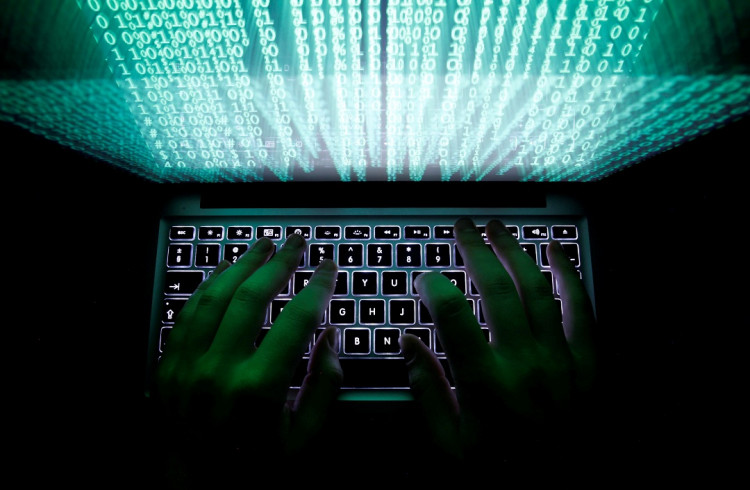U.S. healthcare analytics form Protenus reports that more than 32 million patient records were breached between January and June 2019. This number represents more than double the 15 million medical records breached in all of 2018.
Protenus says that in the first half of the year, the number of disclosed incidents rose to 285, and this type of incident is only getting worse, with at least one health data breach per day.
The Protenus' 2019 Mid-Year Breach Barometer Report indicates that more than half of all the beaches were due to hacking, including the single largest breach. That incident resulted in approximately 20 million patients affected by the hack, in which data have been illegally obtained, including those using Quest Diagnostics and LabCorp. Patients' personal information and medical records were later found on sale on the dark web.
And yet, patient records aren't the only sensitive data found on the web. The City of Los Angeles in California this week issued a warning that a breach may have leaked leaked data on 20,000 police officers and applicants.
Meanwhile in Bulgaria, there is also a major data breach that left five million people affected, in a country of seven million. And that's not all, a malware called TrickBot has hacked 250 million email accounts affecting not just the United States, but Canada and the UK as well. These are merely some of the most recent incidents.
Data breaches have suddenly became common and the rate is rapidly increasing. Disturbingly, most of these incidents happen in a medical setting. Not many years ago, researchers reported that 29 million patient records were breached over four years. Now, we surpass that in six months.
Between 2010 to 2013, a whopping 29.1 million American health records were breached, based on a published study. The breach was caused by a mix of carelessness, hacks, unauthorized access, and not properly getting rid of information no longer needed
As you might imagine, providers aren't happy. An opinion piece that goes with the study argues that your personal health data is "not safe" despite the existence of rules meant to protect it, such as the Health Insurance Portability and Accountability Act in America.
This issue clearly needs more attention from companies themselves and the government. It's also a personal commitment to be more responsible of storing sensitive data. We must all strive to keep data more secure, or these unfortunate incidents will only continue.






